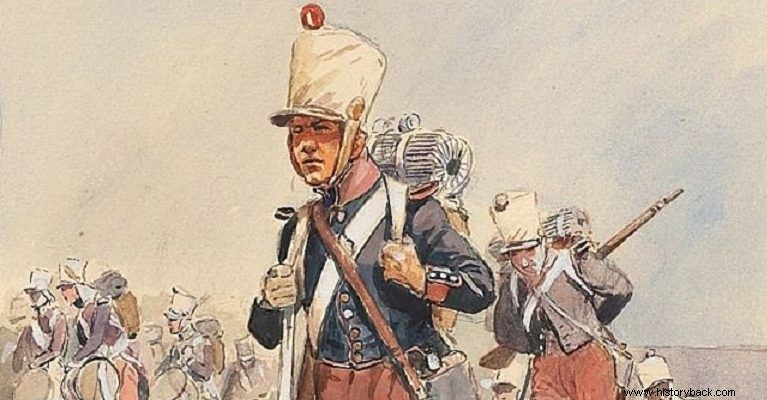
One of the worst and relatively unknown incidents of foreign intervention in Greece is what took place in Argos on January 4, 1833 when French soldiers indiscriminately killed Greeks, men, women and children.
Of course, in this case too there was the fratricidal finger. The assassination of Kapodistrias was preceded by revolts against Hydra and Mani supported by Britain and France. Especially the French openly intervened in favor of the Maniats in Kalamata by expelling the Greek government forces.
The interventions and the arrogance of the French had created a climate of antipathy against them. However, the French forces that had first come to Greece to expel Ibrahim were extremely useful to Ioannis Colettis who essentially controlled things after the murder of the worthy Greek Ioannis Kapodistrias.
After the murder, a civil conflict broke out in which the opponents of the Kapodistrians prevailed. French troops were protecting the new government in Nafplion, while disorderly Greek units had gathered in Argos in anticipation of the arrival of the first king of Greece, Otho.
Kolettis asked the French to send troops to Argos as well. The proposal was accepted and eight companies of the French 21st Infantry Regiment and an artillery piece gradually arrived in the city. The head of the French, Colonel Stoffel, on the evening of the 3rd of January, wished to lodge in a house in the town which had been pointed out to him. But there was a Greek artillery officer, Kallisgouros with three of his soldiers, who refused to allow the French colonel to enter.
Enraged, he ordered his men to break down the door and arrest the Greeks. And so it happened. The Greeks were arrested and chained like bandits. At the same time, the French raised their flag at home. This incident was the reason for what followed. On the morning of January 4, 1833, there was a clash between Greeks and French in a tavern in the city. The Greeks, probably Kapodistrians, externalized in this way their dislike for the French who rightly considered them the moral perpetrators of the Governor's murder.
At the same time, however, they also reacted to the raising of the French flag after the episode with Kallisgouros, which they considered a great shame. The French soldiers who were attacked fled to the barracks, leaving behind the three dead. Immediately the French commander rallied his men and ordered a general attack!
The French entered the city and killed armed Greeks, but also women and children they encountered. In total, around 40 French and over 300 Greeks, mostly civilians, were killed. The French accused the Russians of being moral perpetrators, but the accusation is not true. It was their own attitude that offended Greek popular sentiment and caused the events that cost so much Greek blood. However, continuing to consider Greece a colony, they took harsh security measures humiliating the Greeks.
Even Ioannis Makrygiannis was stripped of his sword –disgrace of the first magnitude – to allow him to enter Nafplion. He characteristically wrote:"When the poor Greek fought against the sultan barefoot and naked and killed about four hundred thousand of his people, then he also fought with you, the Christian - with countermeasures and deceit and fraud... After us yomizate and factions... Dawkins wants us English, Rougin French, Katakazis Russian and you don't leave any Greeks and you made us your ballerinas and you call us unworthy of our freedom...".
